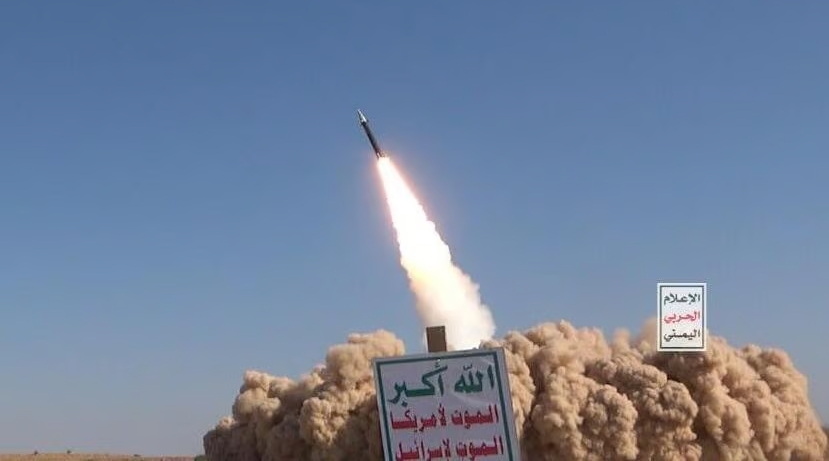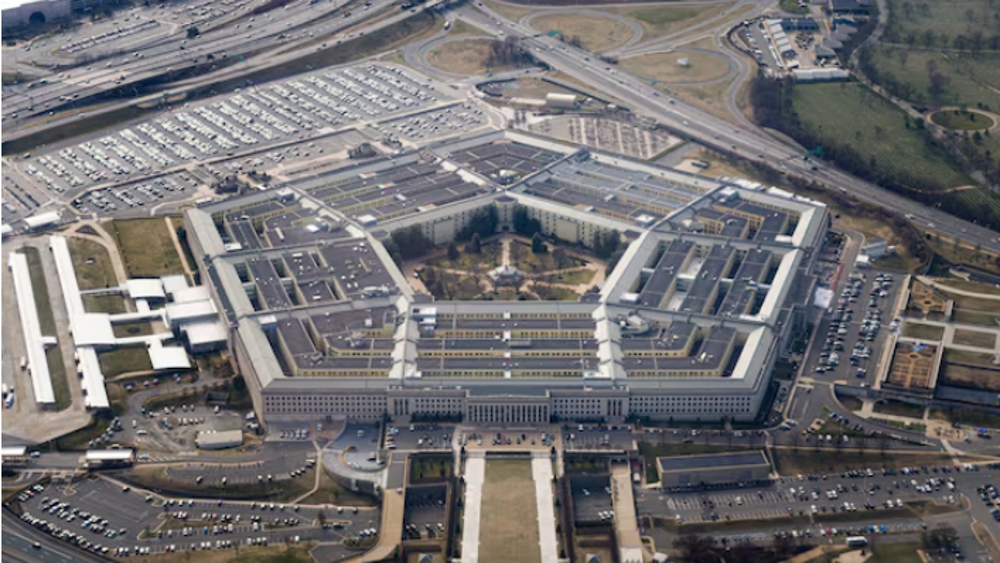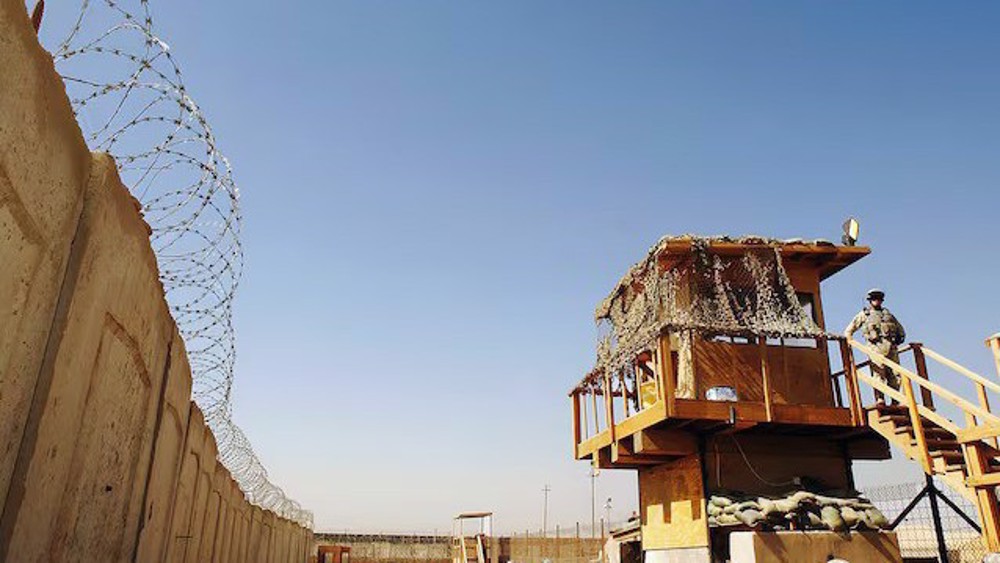US defense chief Mattis to visit Jordan, Turkey, Ukraine to discuss military ties
US Defense Secretary James Mattis is set to embark on a foreign tour this week that will take him to Jordan, Turkey and Ukraine, becoming the first Pentagon chief to visit Kiev in a decade.
Mattis is due to meet with Ukrainian President Petro Poroshenko and Defense Minister Stepan Poltorak on Ukraine’s independence day next Thursday, as Washington is considering plans to supply Ukraine with lethal weapons amid Kiev’s persisting conflict with pro-Russian forces in east of the country, Military.com reported citing a Pentagon statement on Friday.
"During these engagements, the secretary will reassure our Ukrainian partners that the US remains firmly committed to the goal of restoring Ukraine's sovereignty and territorial integrity, as well as strengthening the strategic defense partnership between our two countries," added the statement.
The US says it has supplied the Ukrainian military with non-lethal equipment, including night-vision goggles, uniforms and surveillance equipment such as Raven RQ-11B Analog mini-drones.
US authorities, however, worry that with the seemingly endless breakouts of clashes between pro-independence fighters and Ukraine's national guard forces, the conflict would prolong without expanded military support to Kiev.
Prior to his visit to Ukraine, Mattis will also travel to Turkey and Jordan later this week, to discuss with his counterparts the ongoing air campaign purportedly against the remainder of the foreign-backed Daesh (ISIL) terrorists in Iraq and Syria.
According to the Pentagon, the US military chief will begin his visit to Jordan on Monday by meeting King Abdullah II, supreme commander, and Lt. Gen. Mahmoud Freihat, the chairman of Jordan's joint chiefs of staff. This will be his first visit to the Arab nation as defense secretary.
Mattis will then travel to Turkey to meet with President Recep Tayyip Erdoğan, as well as the country’s Minister of National Defense Nurettin Canikli and Foregin Minister Mevlut Çavusoğlu.
This is while Washington ties with Ankara, a key regional ally, have cooled in recent months, over persisting tensions with Kurdish militia operating in Syria close to Turkey's borders.
The US continues to back the Kurds and began supplying small arms to its militants in May. Turkey, however, considers the Kurdish YPG, or the People's Protection Units, a terrorist organization linked to the Kurdistan Workers Party (PKK), which has carried out terrorist attacks in southeastern Turkey.
"Secretary Mattis will emphasize the steadfast commitment of the United States to Turkey as a NATO ally and strategic partner, seek to collaborate on efforts to advance regional stability, and look for ways to help Turkey address its legitimate security concerns -- including the fight against the PKK," said the Pentagon statement.
In July, Ankara agreed to purchase four Russian-made S-400 mobile anti-air missile batteries for $2.5 billion over the next few years.
Iran FM slams reported EU plans to impose sanctions on IRISL
VIDEO | Press TV's News Headlines
Lebanon army says Israeli attack kills two soldiers in south
Iran launches renovation project at its main oil export terminal
Trump's re-election will not affect Iran-China strategic ties: Leader’s aide
VIDEO | Jordan hunger strikers demand resumption of Gaza aid distribution
VIDEO | Activists: Amsterdam violence highlights Western hypocrisy
VIDEO | Yemeni forces conduct new drone strikes on Eilat













 This makes it easy to access the Press TV website
This makes it easy to access the Press TV website